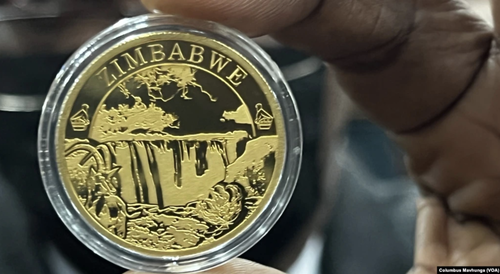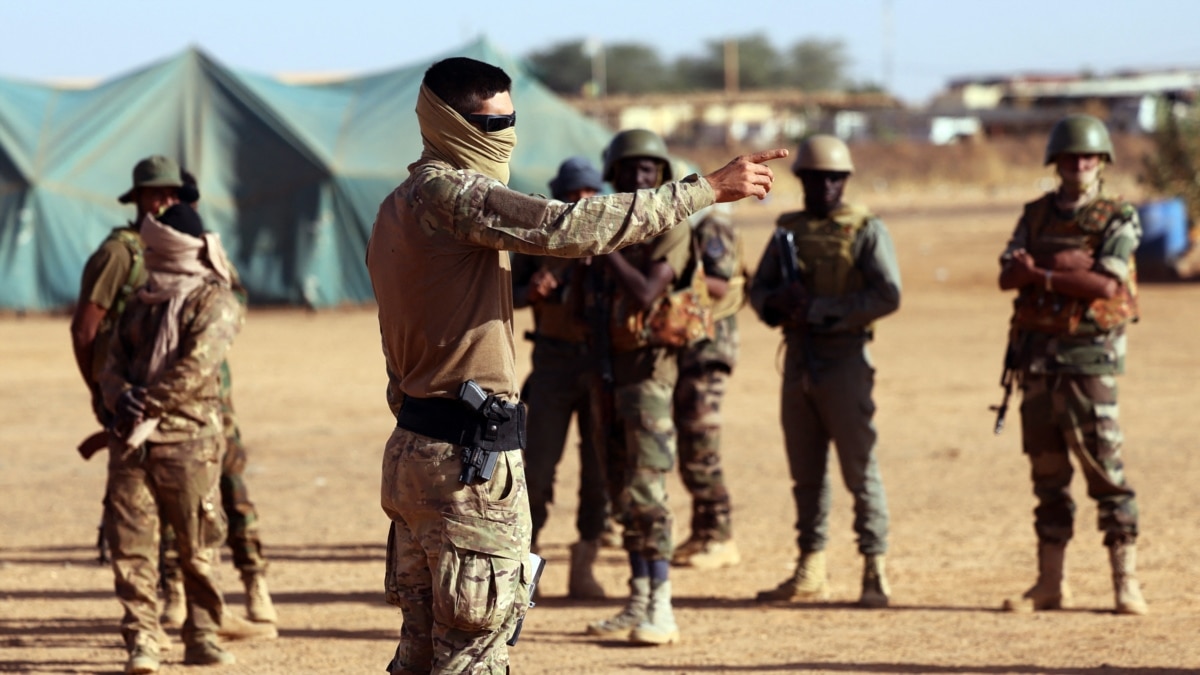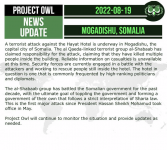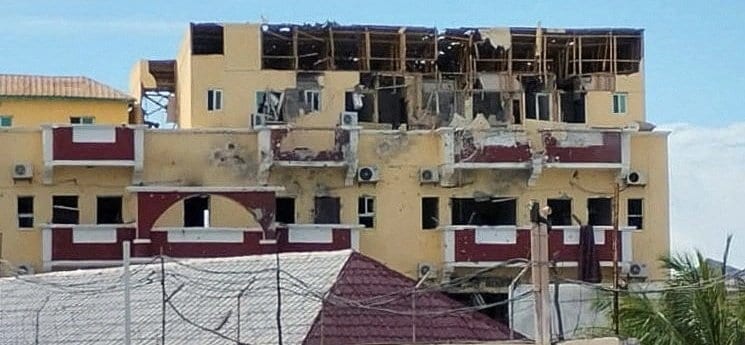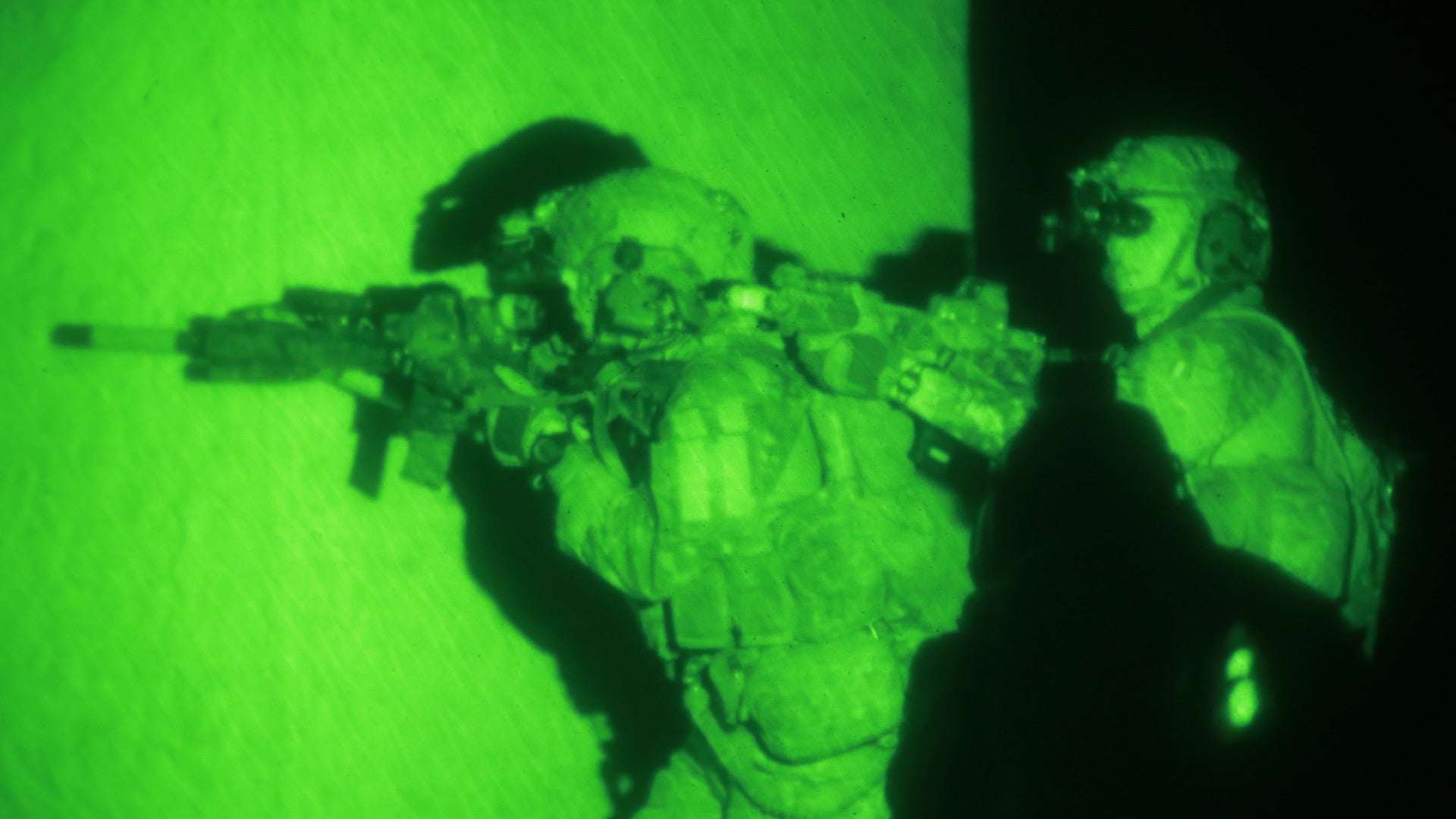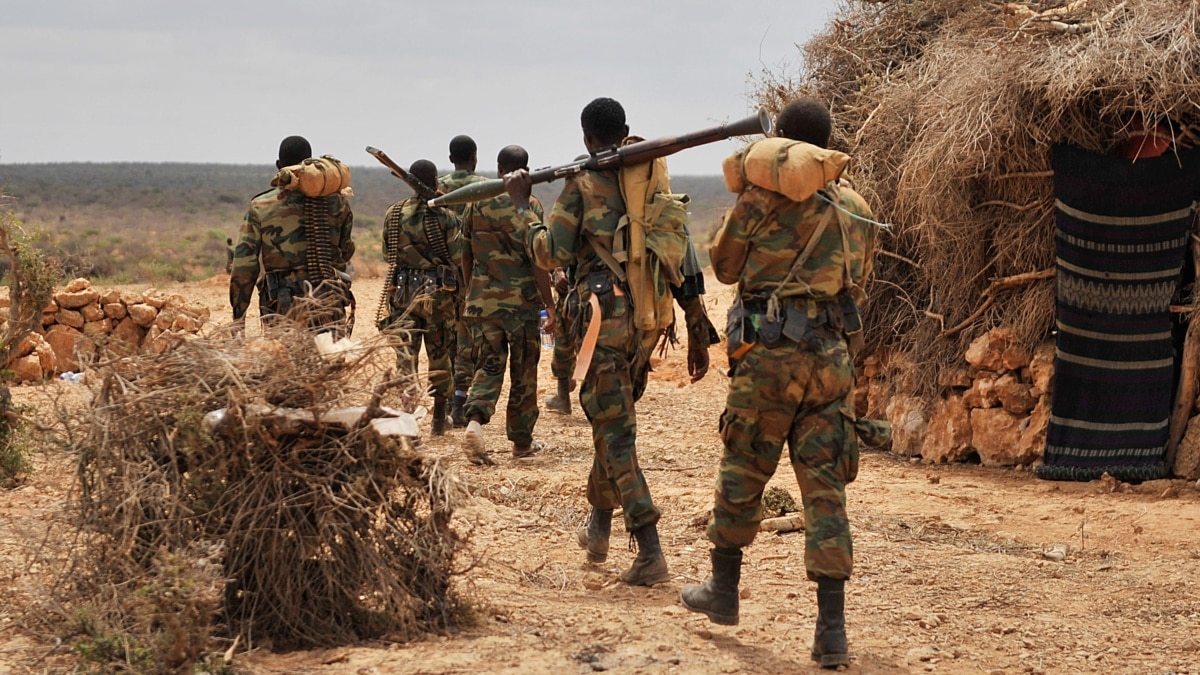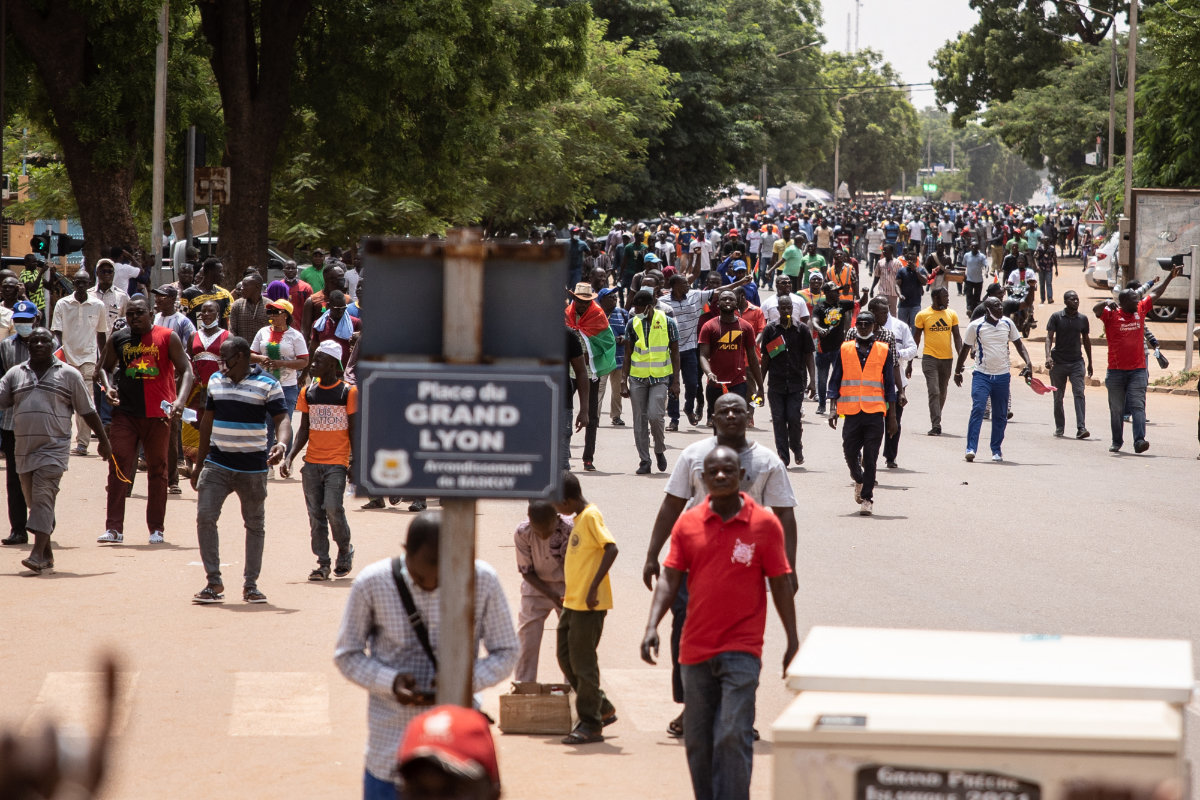Plain Jane
Just Plain Jane
July's rhread:
 www.timebomb2000.com
www.timebomb2000.com
Conflict in Mediterranean beginning 384
 www.timebomb2000.com
www.timebomb2000.com
Main Coronavirus thread beginning page 1615:
 www.timebomb2000.com
www.timebomb2000.com
Consolidated Monkeypox thread beginning page 101:
 www.timebomb2000.com
www.timebomb2000.com

 www.dw.com
www.dw.com
Senegal election: Opposition disputes ruling party's victory claim
President Macky Sall's ruling coalition has tentatively claimed victory as the opposition fears he will use a parliamentary majority to run for a third term, beyond the current term limit.

President Macky Sall's coalition was claiming victory on Monday morning, but the opposition questioned incomplete figures
Senegal's opposition parties are challenging victory claims by the ruling coalition of President Macky Sall, as preliminary results roll in from legislative elections held on Sunday.
Aminata Toure, head of the presidential coalition, said early Monday morning that the coalition had a "unquestionable majority," claiming it had won 30 of Senegal's 46 administrative departments.
However, Toure did not say how many of the 165 parliamentary seats the coalition had won.
Opposition leader Barthelemy Dias quickly responded, disputing the accuracy of Toure's claims, and warning that the ruling coalition did not have the right to announce election results.
"The people will respond, and the people will come out into the streets tomorrow, and you will tell us where you got your majority," Dias said.
"You lost this election at the national level. We will not accept it. This abuse will not pass," said Dias, who is also the mayor of Dakar.
The vote will decide the composition of 165 seats in the single-chamber parliament for the next five years. The president's supporters currently enjoy a majority.
Provisional official results are expected no later than Friday, according to AFP news agency.
Watch video01:15
Voters wait for results in Senegal parliamentary elections
What is at stake in the election?
The opposition had hoped the election would result in a divided government, which could quash a possible bid by President Sall for a third term.
Sall, whose second and final term in power expires in 2024, has refused to rule out whether he intends to try to alter rules on term limits and run for the presidency a third time.
Maintaining a parliamentary majority could pave the way for Sall to change the rules.
Senegal is considered one of West Africa's more stable nations.
However, fears for its democracy have been exacerbated by Sall refusing to rule out whether he intends to run for a third term.
The president and the ruling majority have also been struggling to keep domestic discontent at bay, amid the global rise in fuel and food prices, which came about amid the COVID pandemic and have been sustained by the war in Ukraine.
The opposition have accused the president of abusing his power to clear the race of opponents.
Last year, Sall's main opponent, Ousmane Sonko, was arrested on rape charges he denied as politically motivated. Sonko's also arrest led to mass protests among opposition supporters.
Protests broke out again last month after the opposition's list of top candidates for parliament, which had included Sonko, was thrown out on "technical grounds," leaving the coalition with a backup list of relatively obscure candidates.
Watch video03:03
Critics accuse Macky Sall of wanting to run for a third term: journalist Maria Gerth-Niculescu
wmr/msh (AFP, Reuters)
INTL - Africa : Politics, Economics, Military- July 2022
June's rhread: https://www.timebomb2000.com/xf/index.php?threads/africa-politics-economics-military-june-2022.620069/#post-9217636 Regional Conflict in Mediterranean beginning page 82...
Conflict in Mediterranean beginning 384
WAR - Regional conflict brewing in the Mediterranean
View: https://mobile.twitter.com/EndGameWW3/status/1547833862268469250?cxt=HHwWhICqvc2sgfsqAAAA
Main Coronavirus thread beginning page 1615:
CORONA - Main Coronavirus thread
Is this not a real heads up? We’re all this young healthy doctors all murdered together in a drive by? Man, this not something I’ve seen before…. :whistle: I have recently seen commercials for the Shingles Shot that I never saw before -and BTW, I’ve been of that age for a few years, so I have...
Consolidated Monkeypox thread beginning page 101:
MNKYPOX - Monkeypox - Consolidated Thread.
Monkeypox specifically affects homosexual men and not framing it explicitly as an Acronym-du-Jour public health emergency is negligent/discriminatory Monkeypox is not an A-du-J-specific disease and framing it as such is homophobic/discriminatory The important thing, of course, is that...

Senegal opposition rejects ruling party's victory claim – DW – 08/01/2022
President Macky Sall's ruling coalition has tentatively claimed victory as the opposition fears he will use a parliamentary majority to run for a third term, beyond the current term limit.
Senegal election: Opposition disputes ruling party's victory claim
President Macky Sall's ruling coalition has tentatively claimed victory as the opposition fears he will use a parliamentary majority to run for a third term, beyond the current term limit.

President Macky Sall's coalition was claiming victory on Monday morning, but the opposition questioned incomplete figures
Senegal's opposition parties are challenging victory claims by the ruling coalition of President Macky Sall, as preliminary results roll in from legislative elections held on Sunday.
Aminata Toure, head of the presidential coalition, said early Monday morning that the coalition had a "unquestionable majority," claiming it had won 30 of Senegal's 46 administrative departments.
However, Toure did not say how many of the 165 parliamentary seats the coalition had won.
Opposition leader Barthelemy Dias quickly responded, disputing the accuracy of Toure's claims, and warning that the ruling coalition did not have the right to announce election results.
"The people will respond, and the people will come out into the streets tomorrow, and you will tell us where you got your majority," Dias said.
"You lost this election at the national level. We will not accept it. This abuse will not pass," said Dias, who is also the mayor of Dakar.
The vote will decide the composition of 165 seats in the single-chamber parliament for the next five years. The president's supporters currently enjoy a majority.
Provisional official results are expected no later than Friday, according to AFP news agency.
Watch video01:15
Voters wait for results in Senegal parliamentary elections
What is at stake in the election?
The opposition had hoped the election would result in a divided government, which could quash a possible bid by President Sall for a third term.
Sall, whose second and final term in power expires in 2024, has refused to rule out whether he intends to try to alter rules on term limits and run for the presidency a third time.
Maintaining a parliamentary majority could pave the way for Sall to change the rules.
Senegal is considered one of West Africa's more stable nations.
However, fears for its democracy have been exacerbated by Sall refusing to rule out whether he intends to run for a third term.
The president and the ruling majority have also been struggling to keep domestic discontent at bay, amid the global rise in fuel and food prices, which came about amid the COVID pandemic and have been sustained by the war in Ukraine.
The opposition have accused the president of abusing his power to clear the race of opponents.
Last year, Sall's main opponent, Ousmane Sonko, was arrested on rape charges he denied as politically motivated. Sonko's also arrest led to mass protests among opposition supporters.
Protests broke out again last month after the opposition's list of top candidates for parliament, which had included Sonko, was thrown out on "technical grounds," leaving the coalition with a backup list of relatively obscure candidates.
Watch video03:03
Critics accuse Macky Sall of wanting to run for a third term: journalist Maria Gerth-Niculescu
wmr/msh (AFP, Reuters)
Last edited:







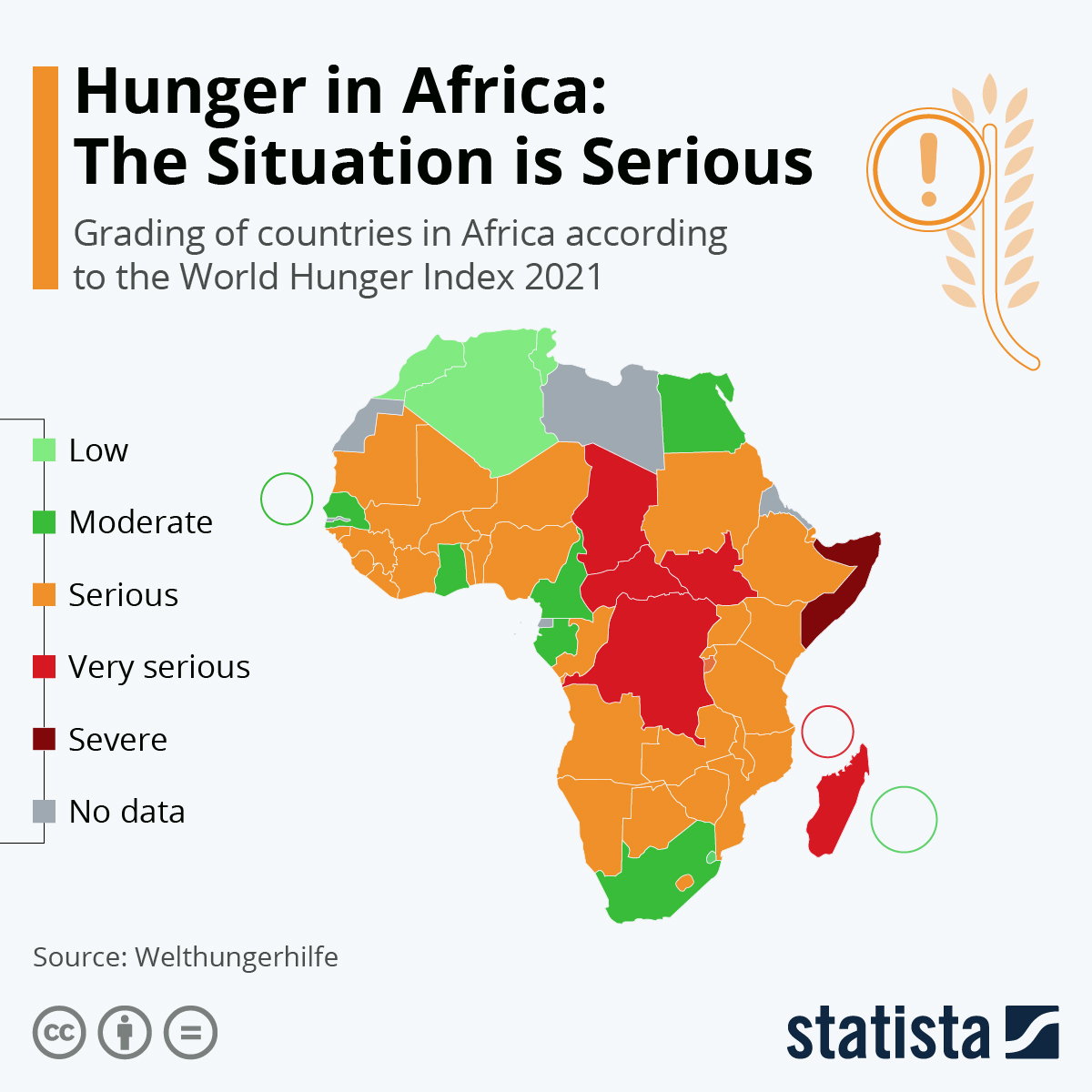







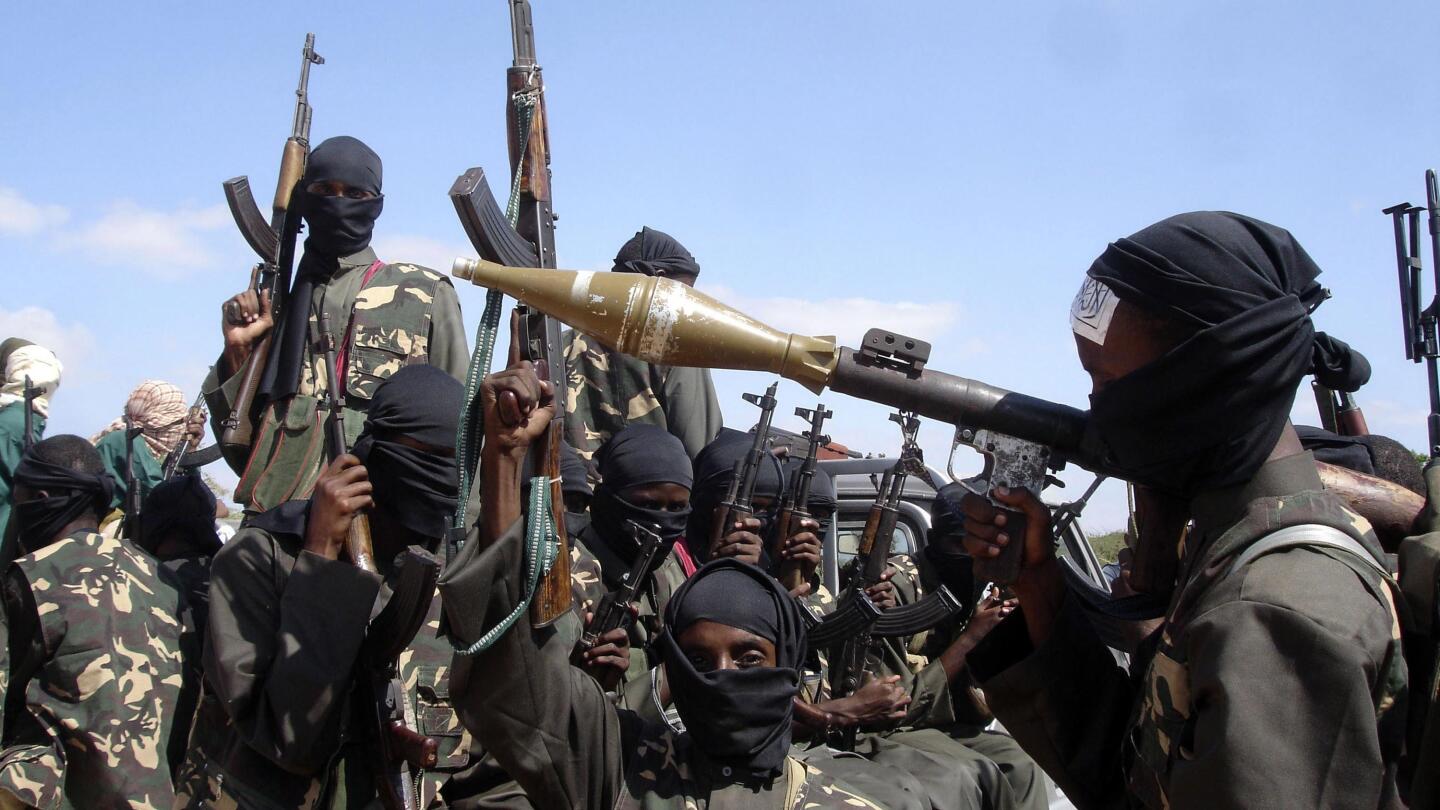















 US ambassador to the United Nations, Linda Thomas-Greenfield, in Accra, Ghana, on Friday. vi AP
US ambassador to the United Nations, Linda Thomas-Greenfield, in Accra, Ghana, on Friday. vi AP

















